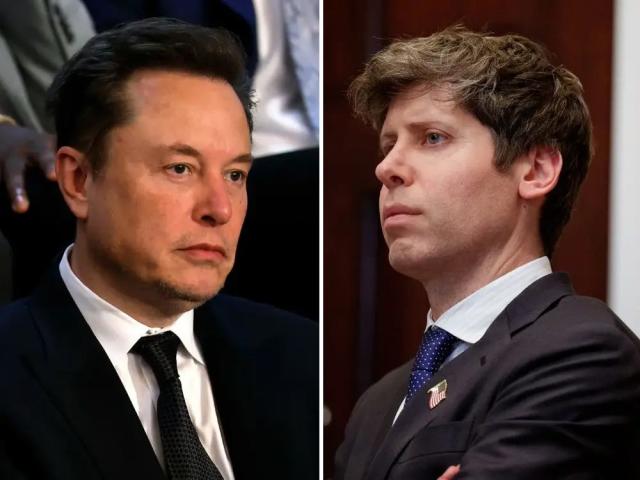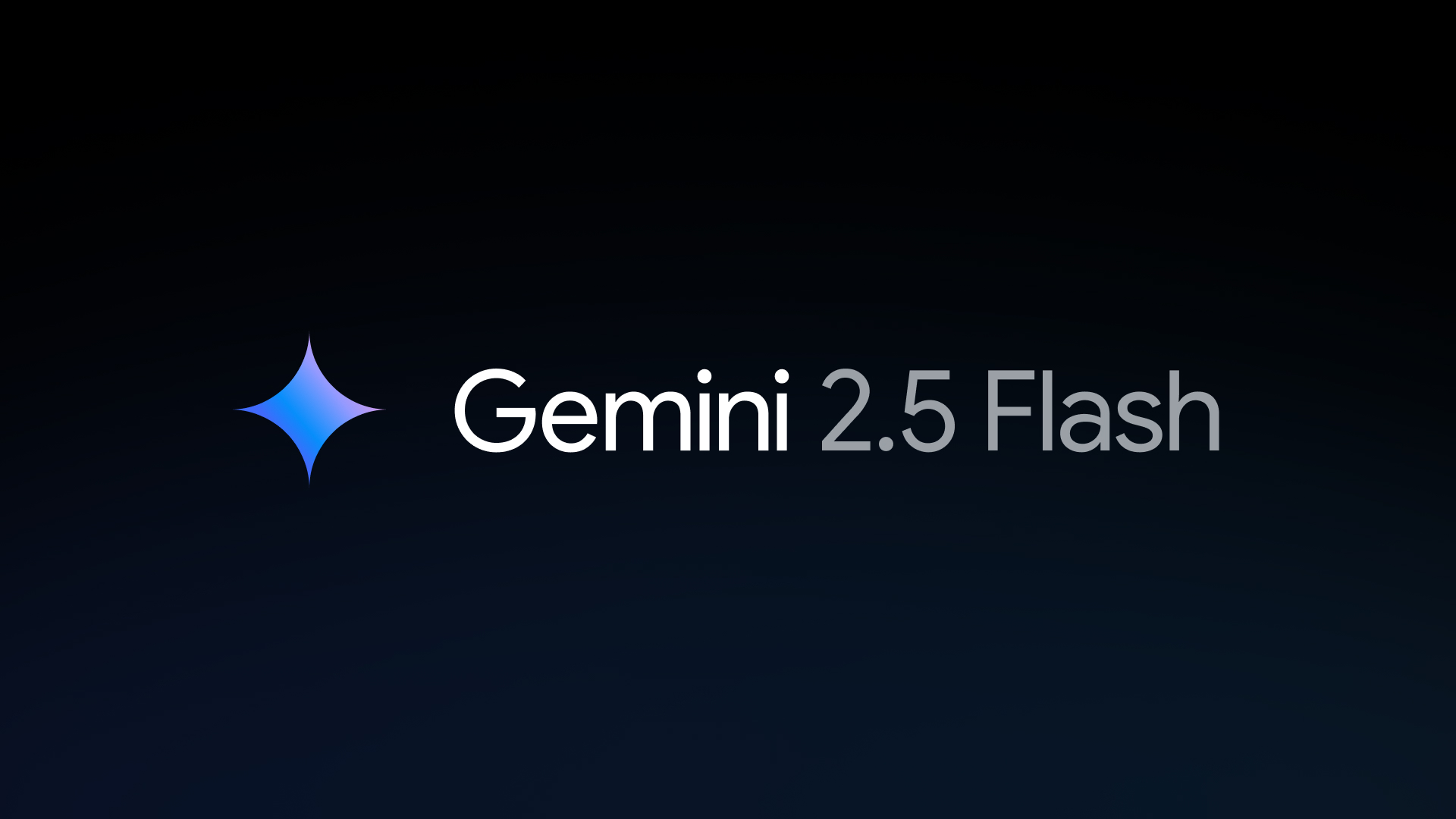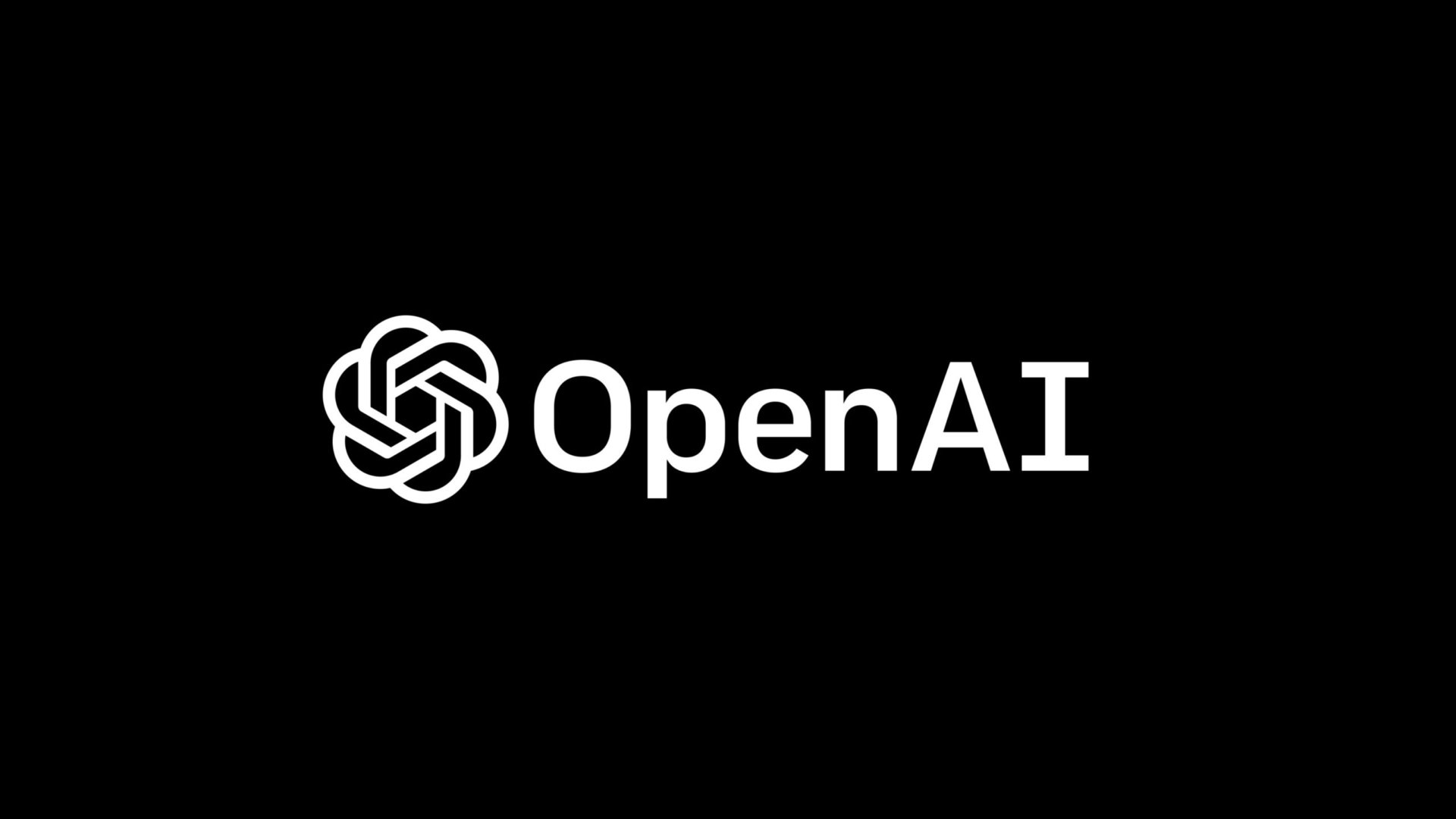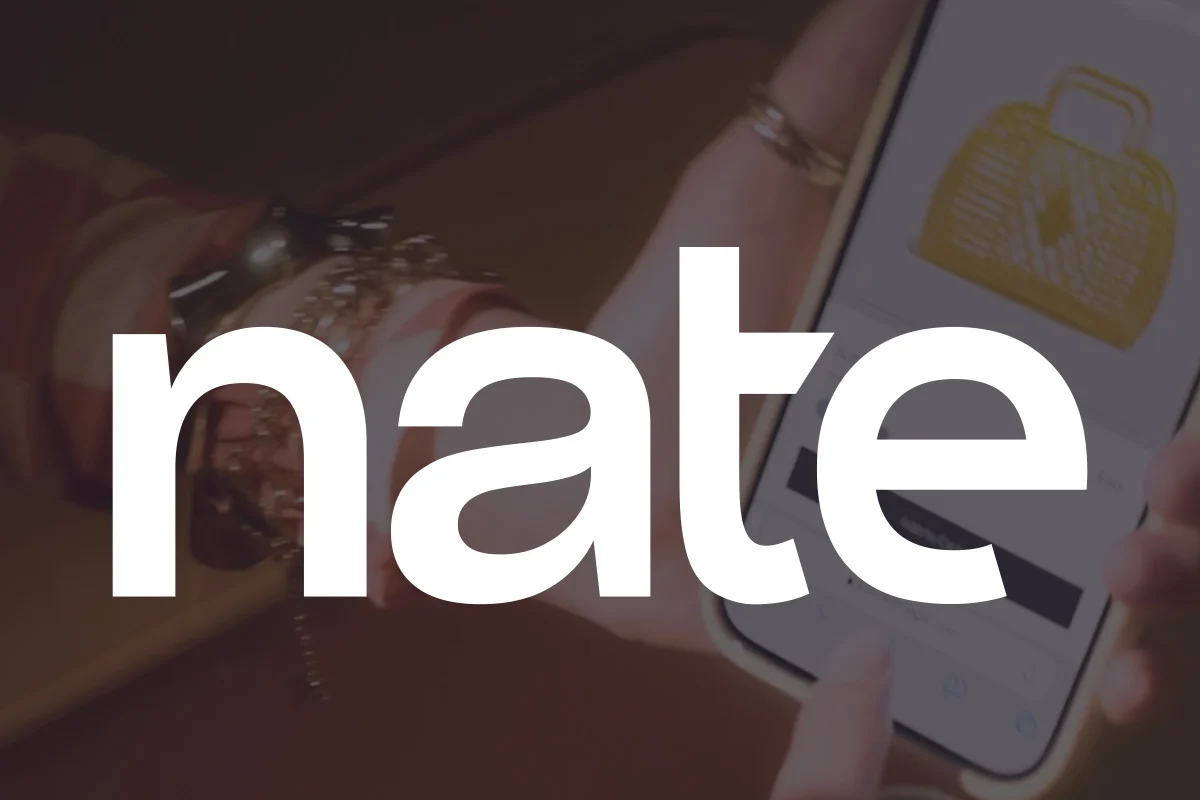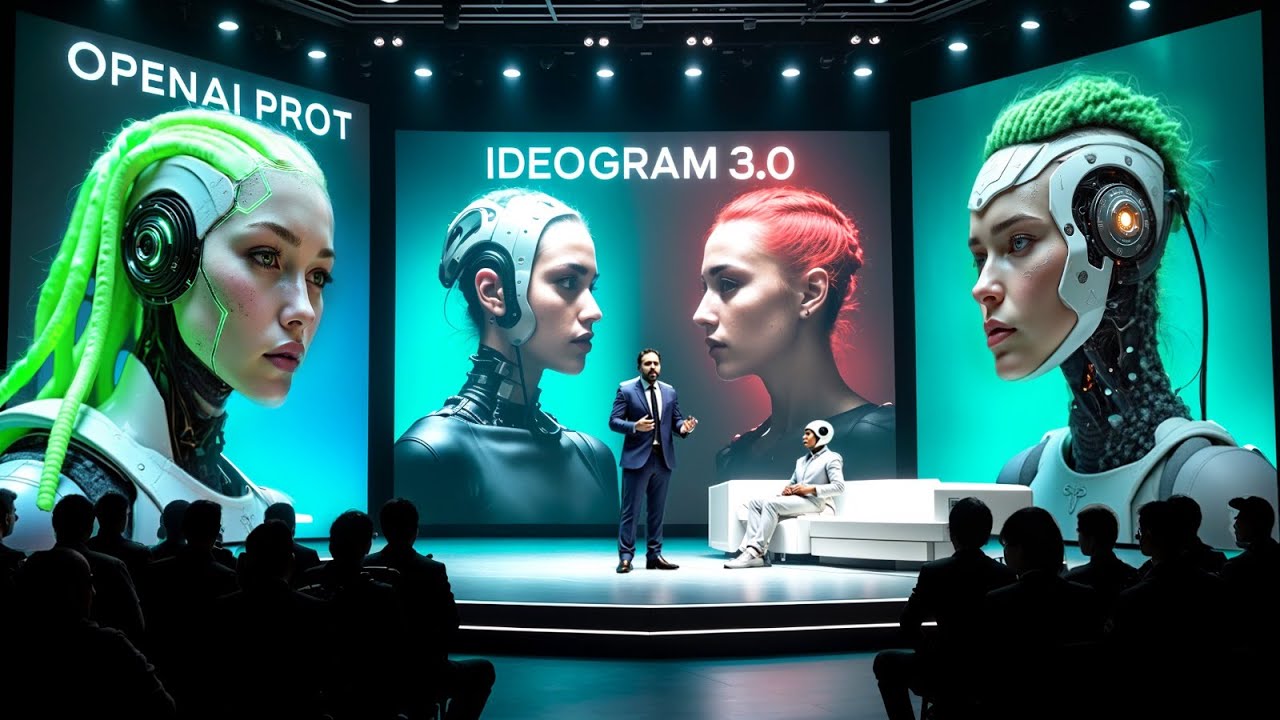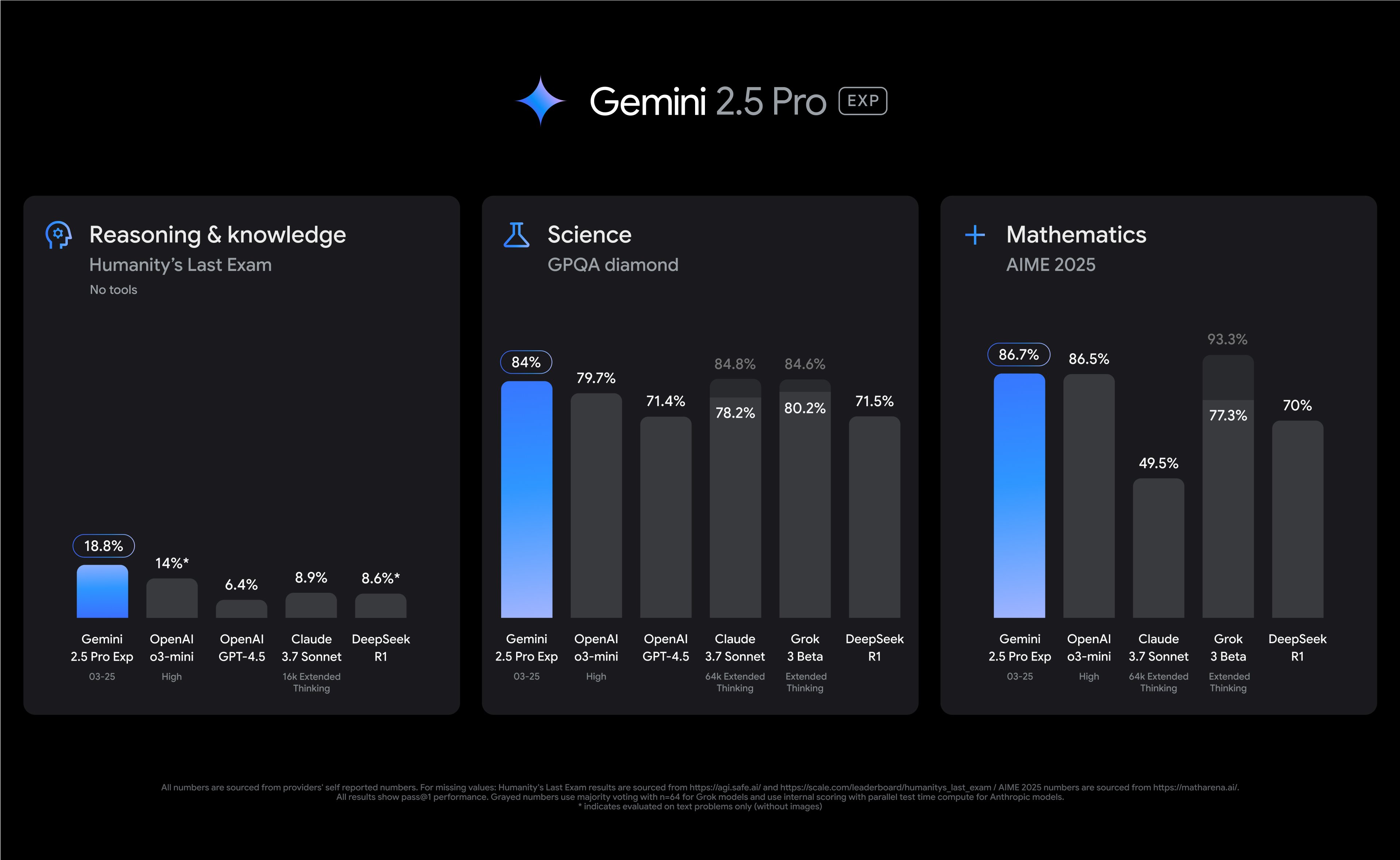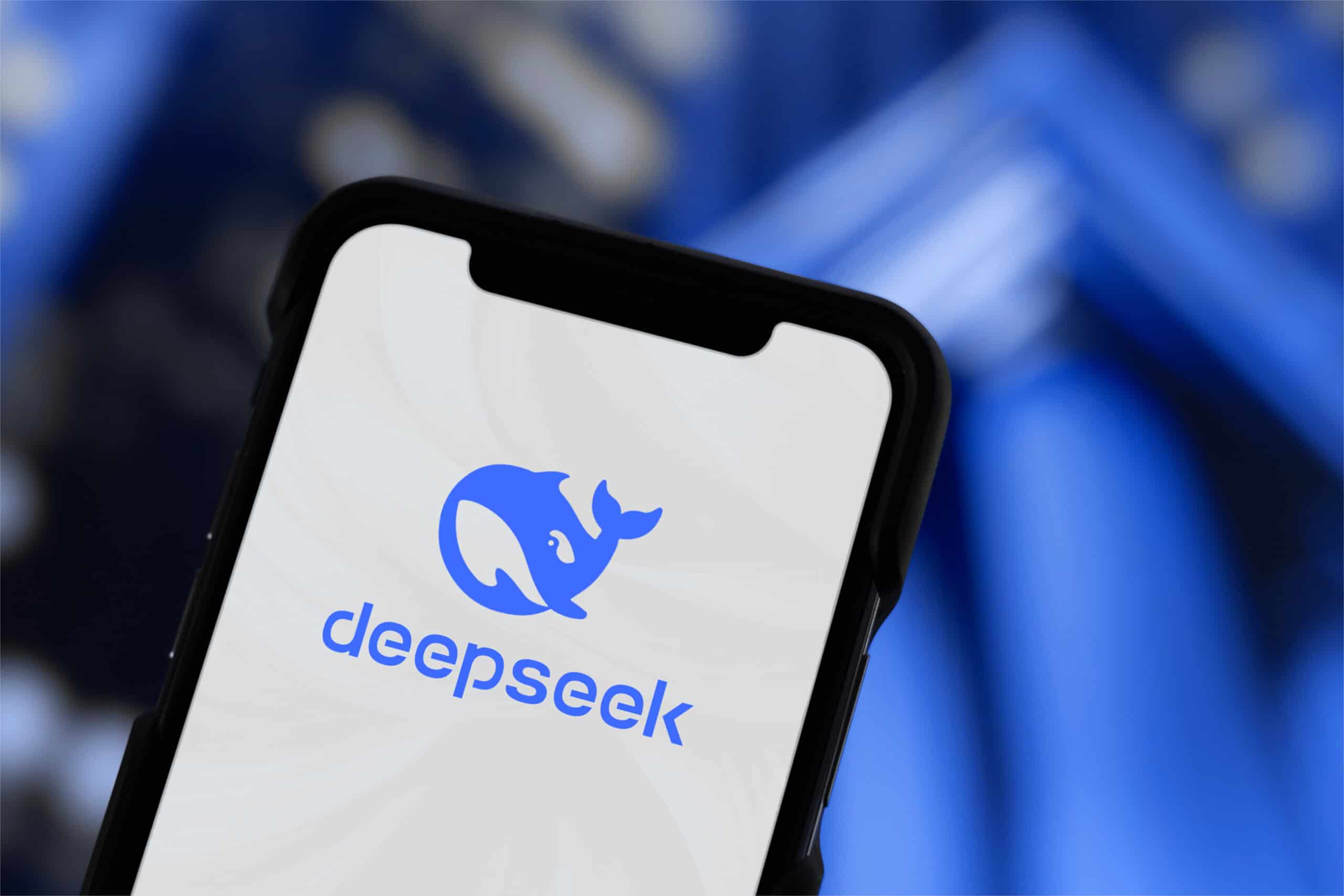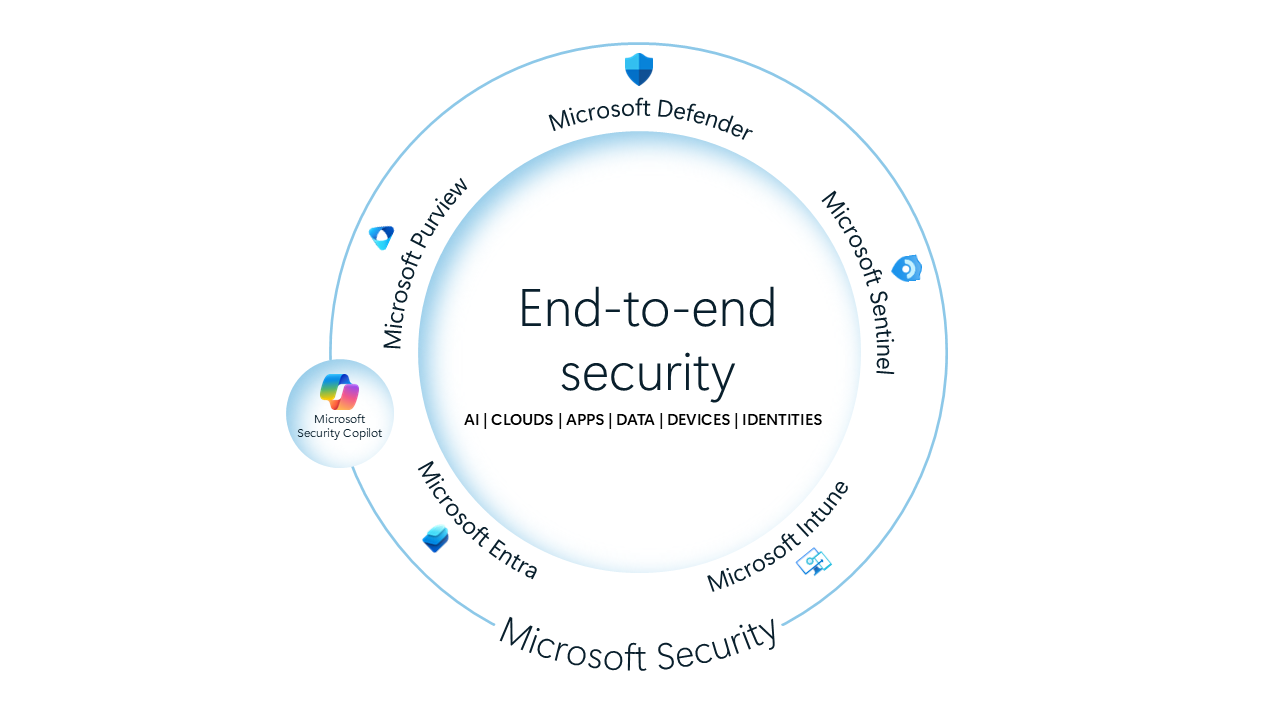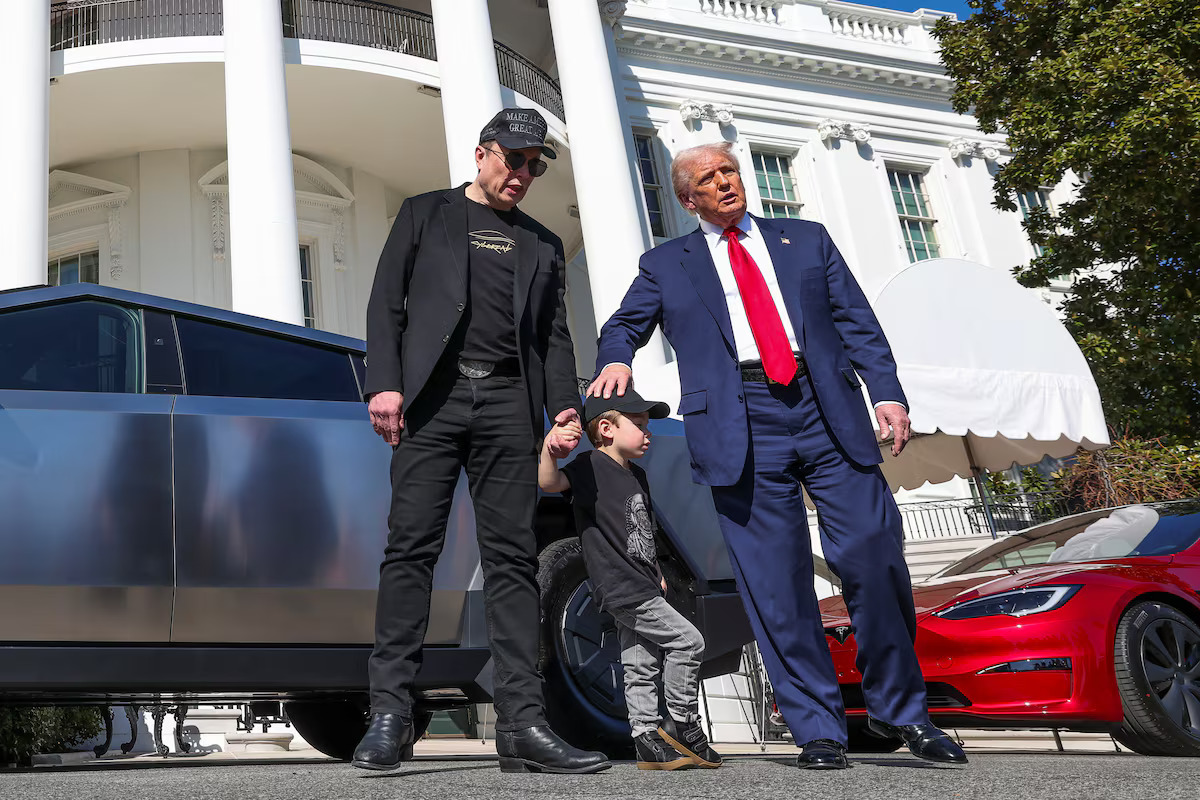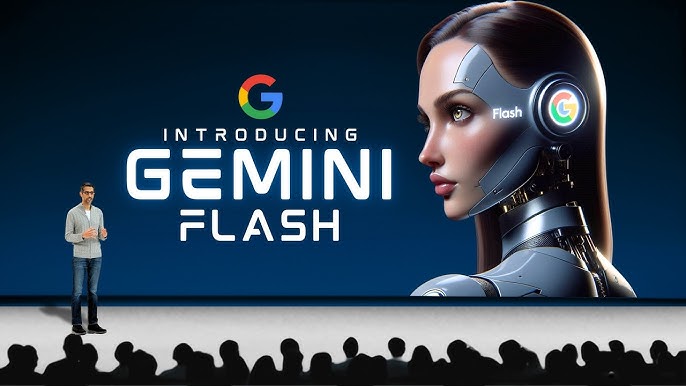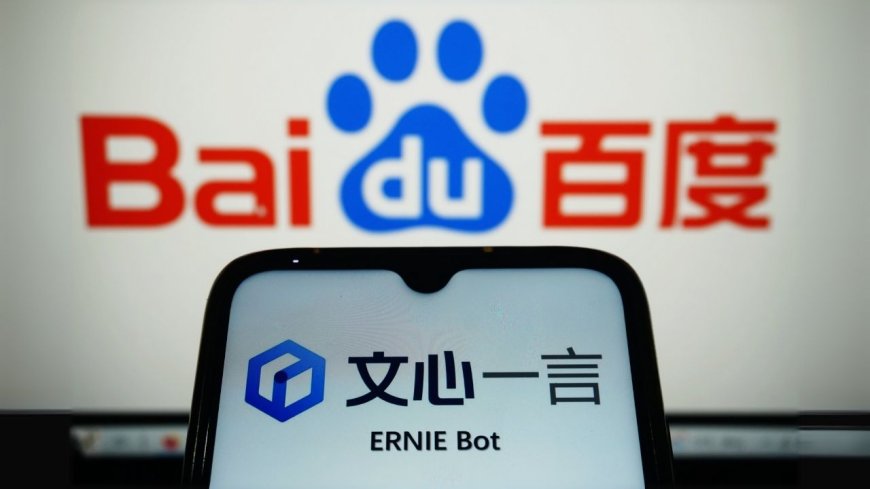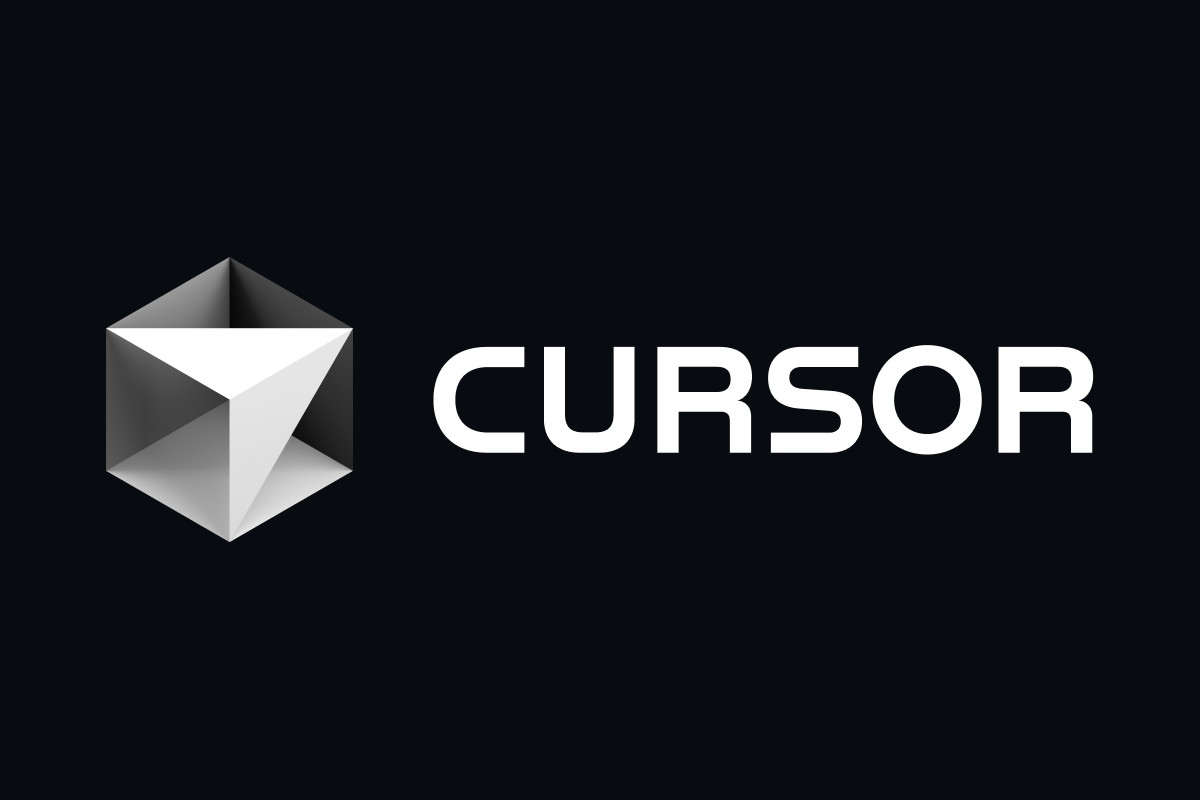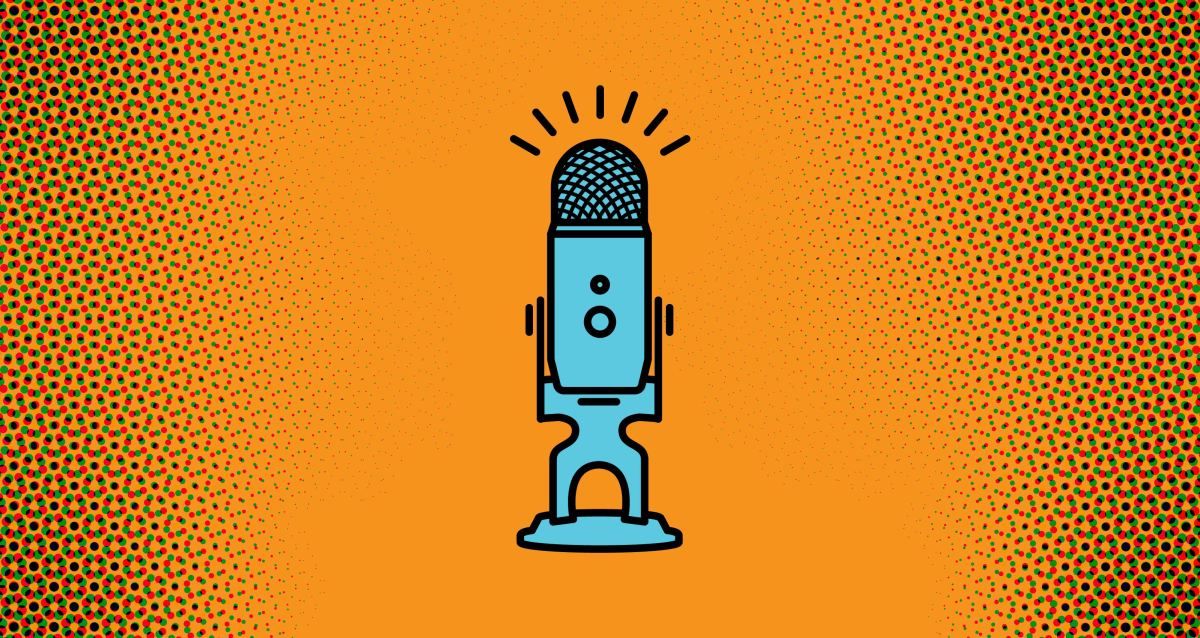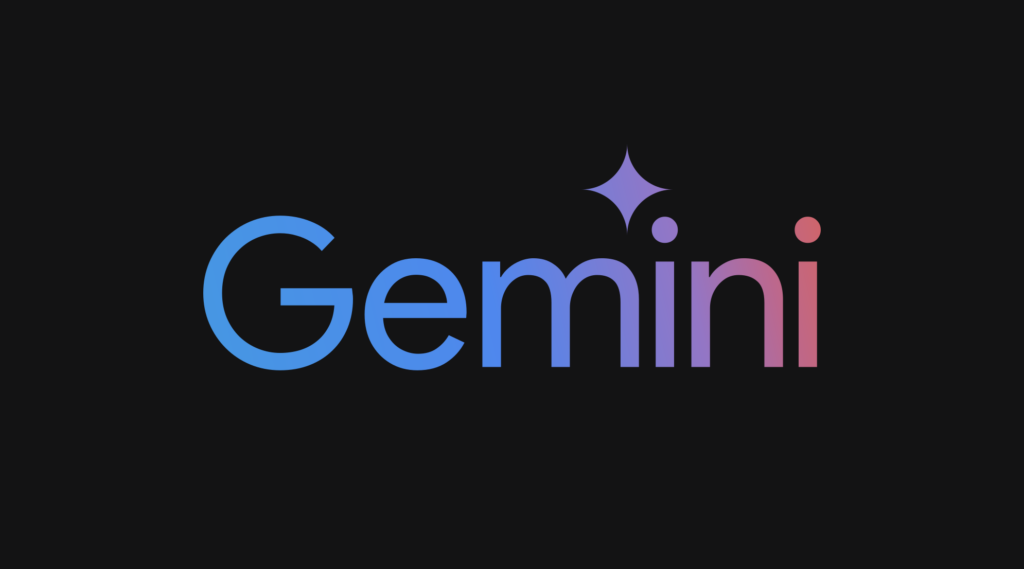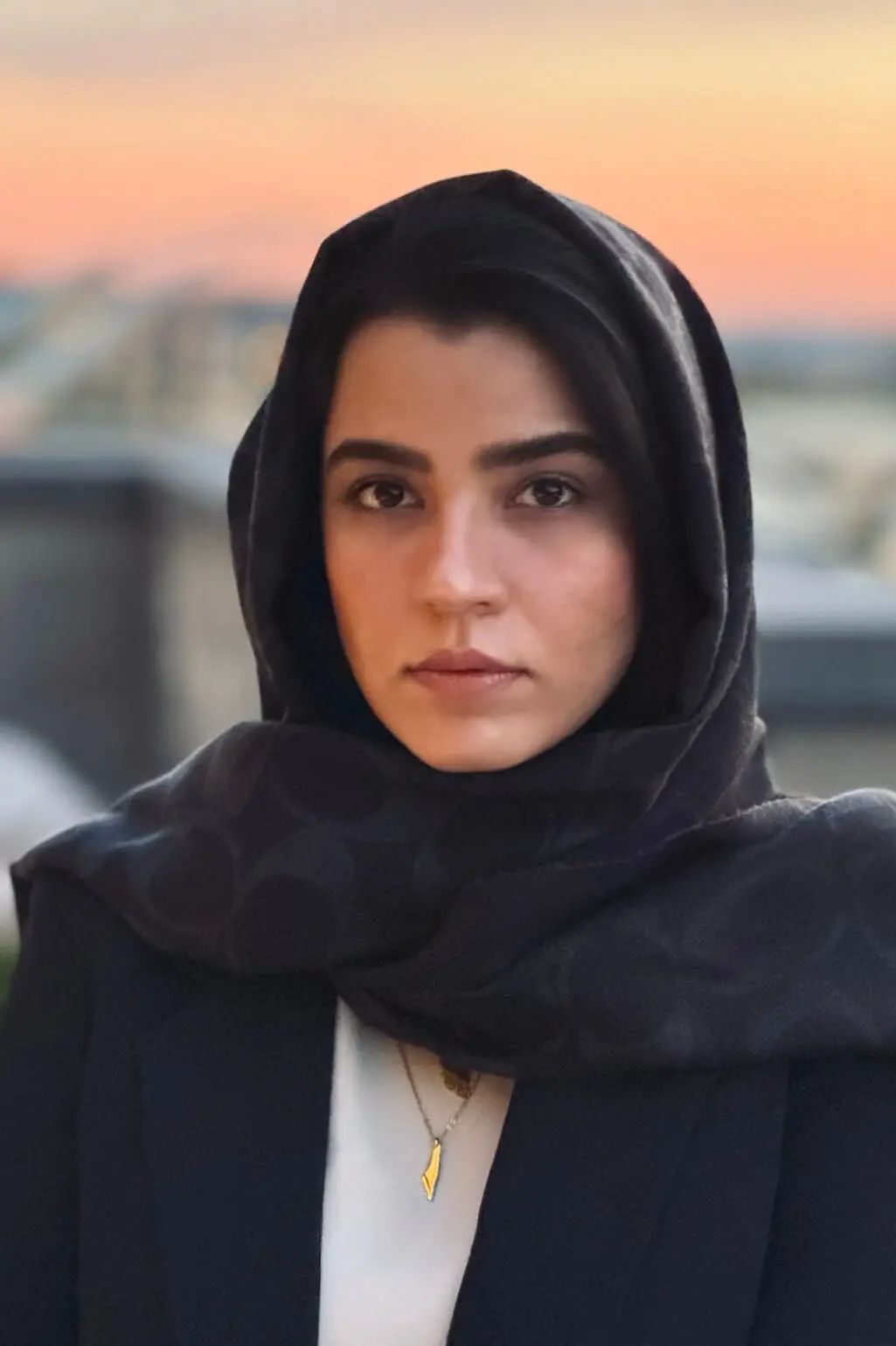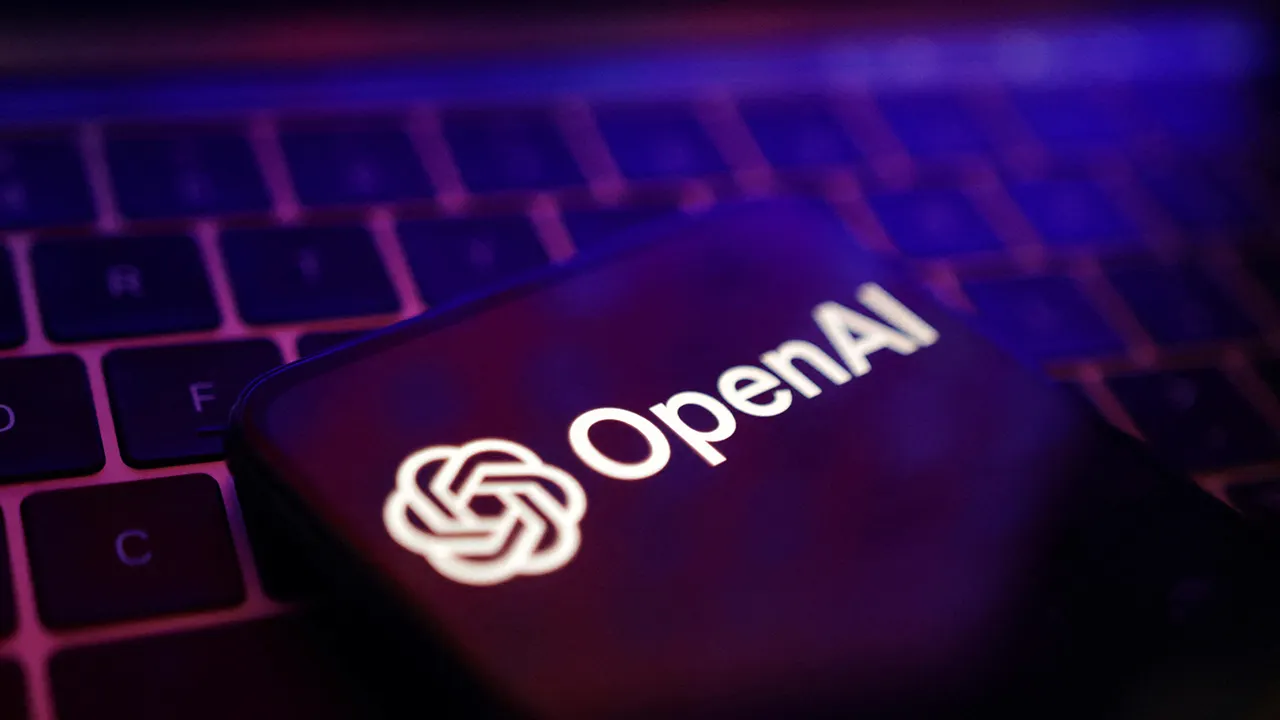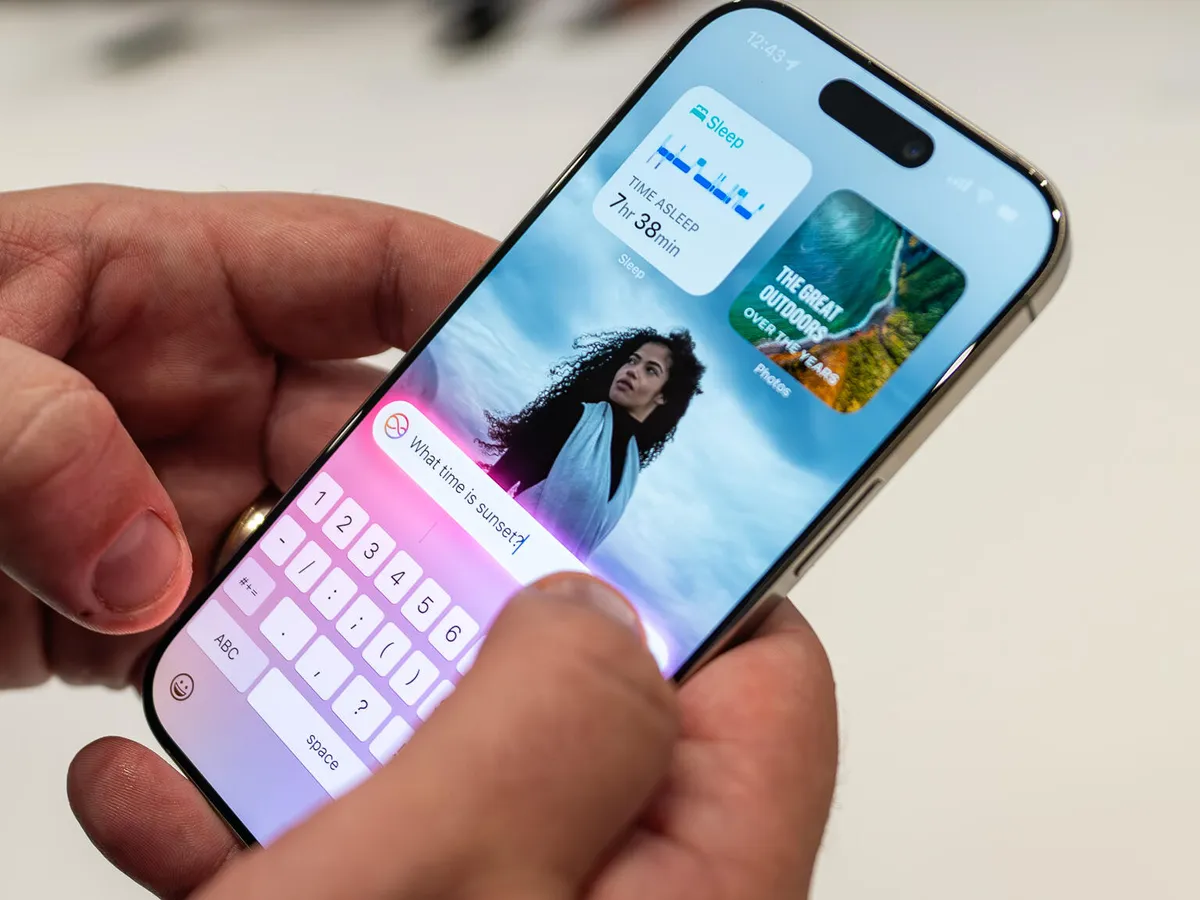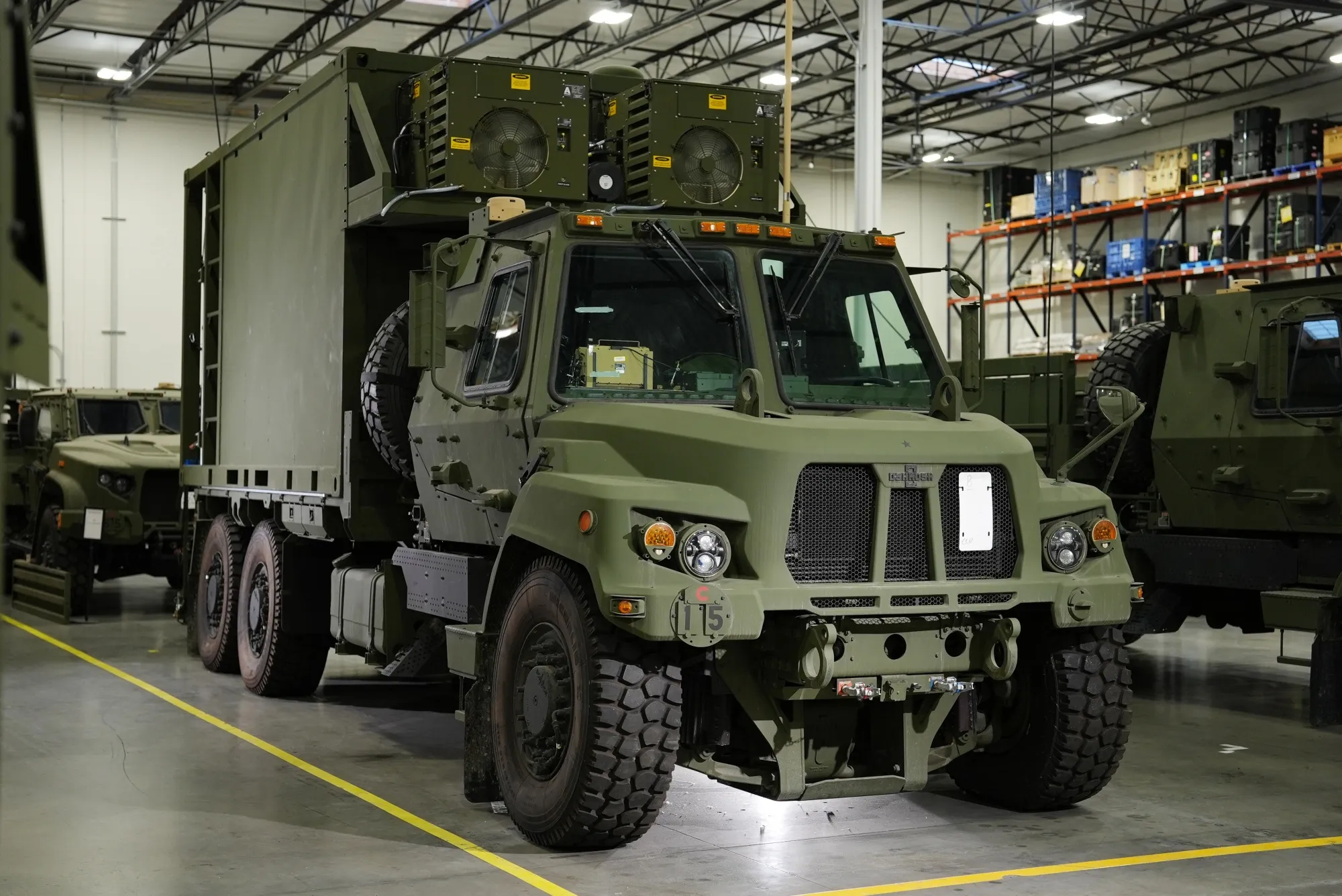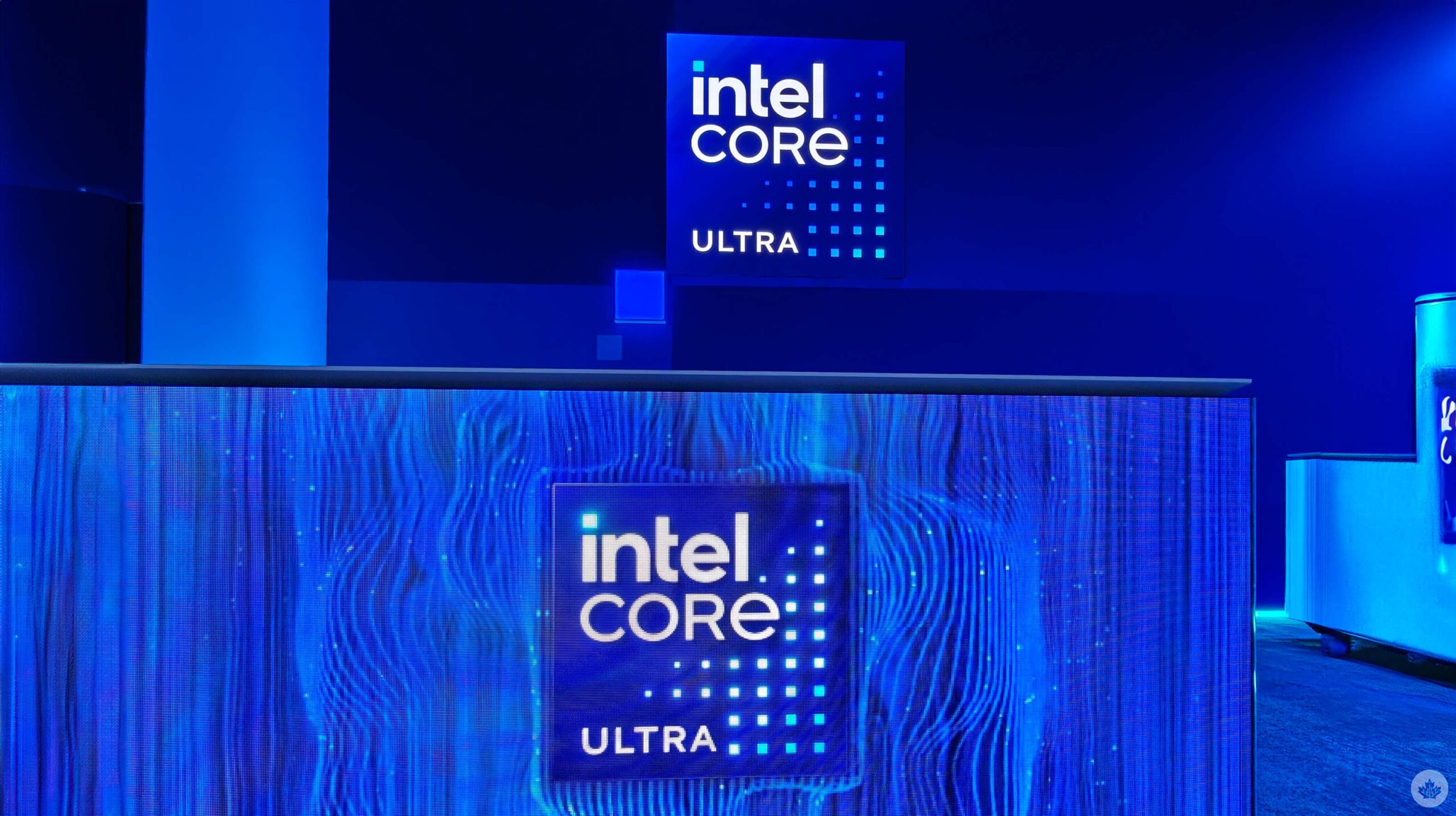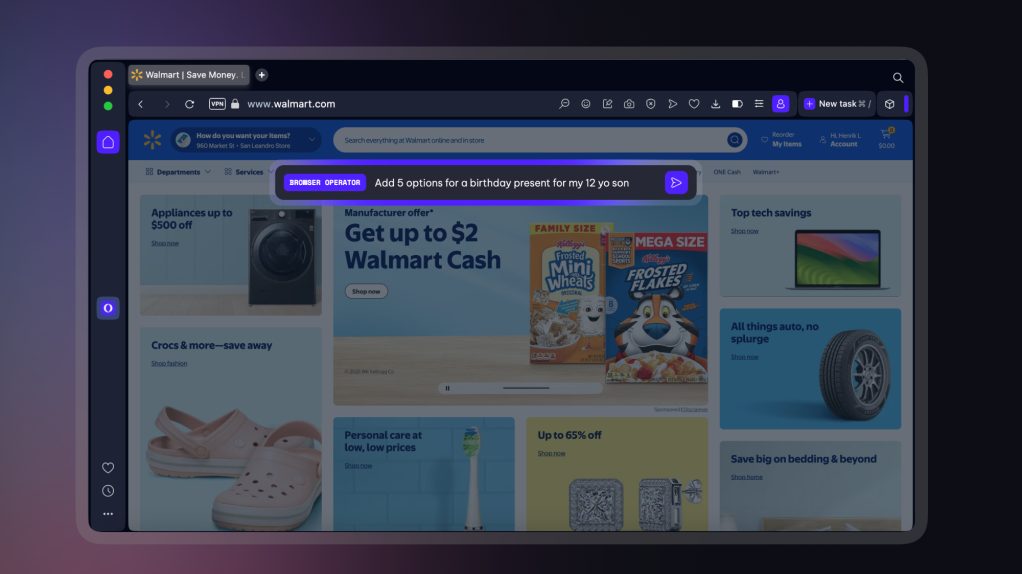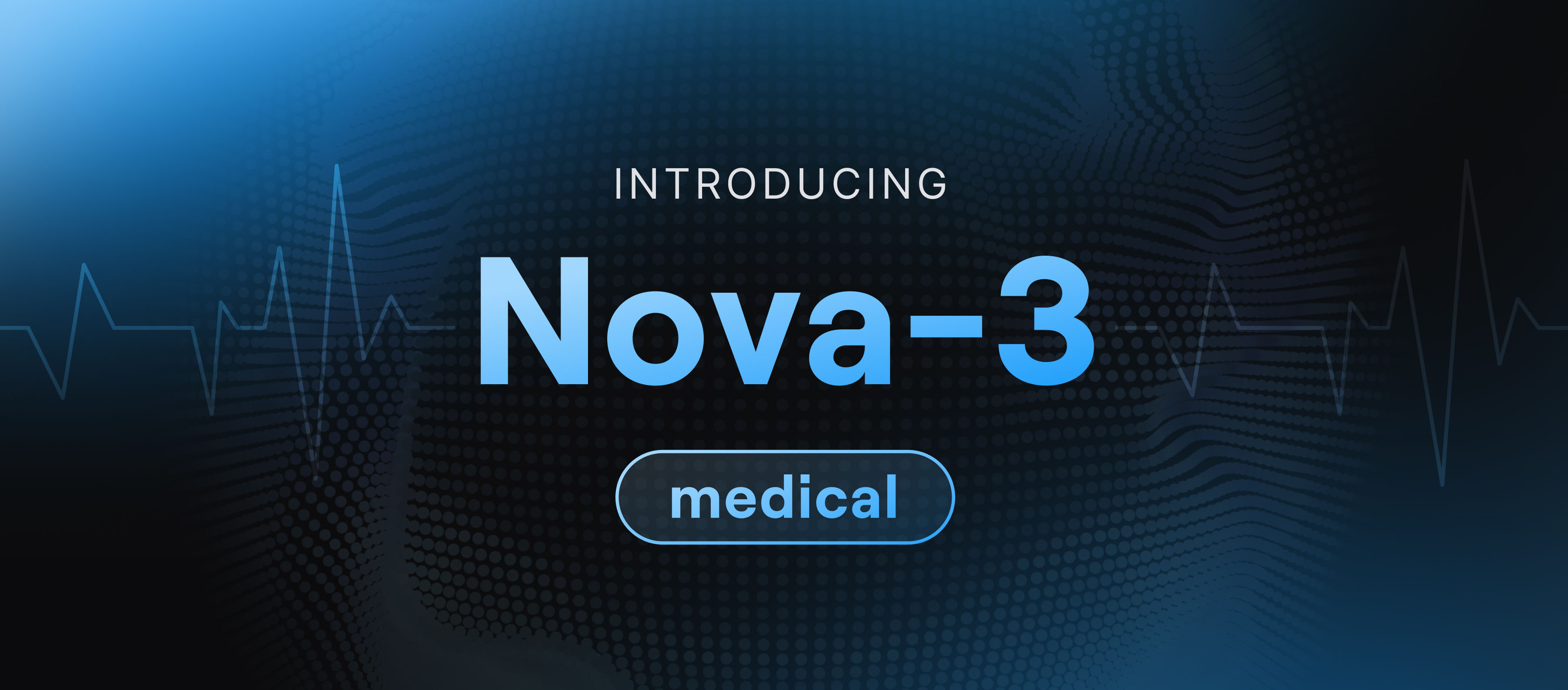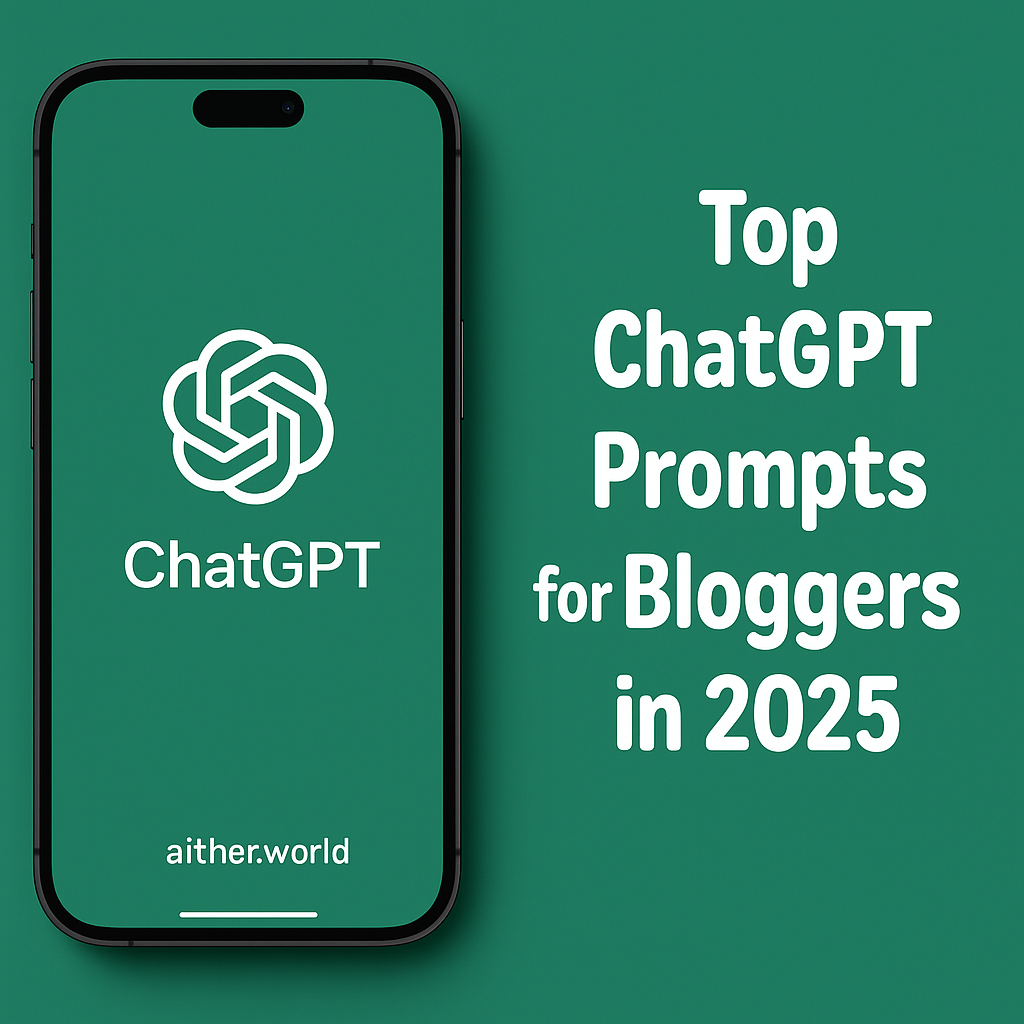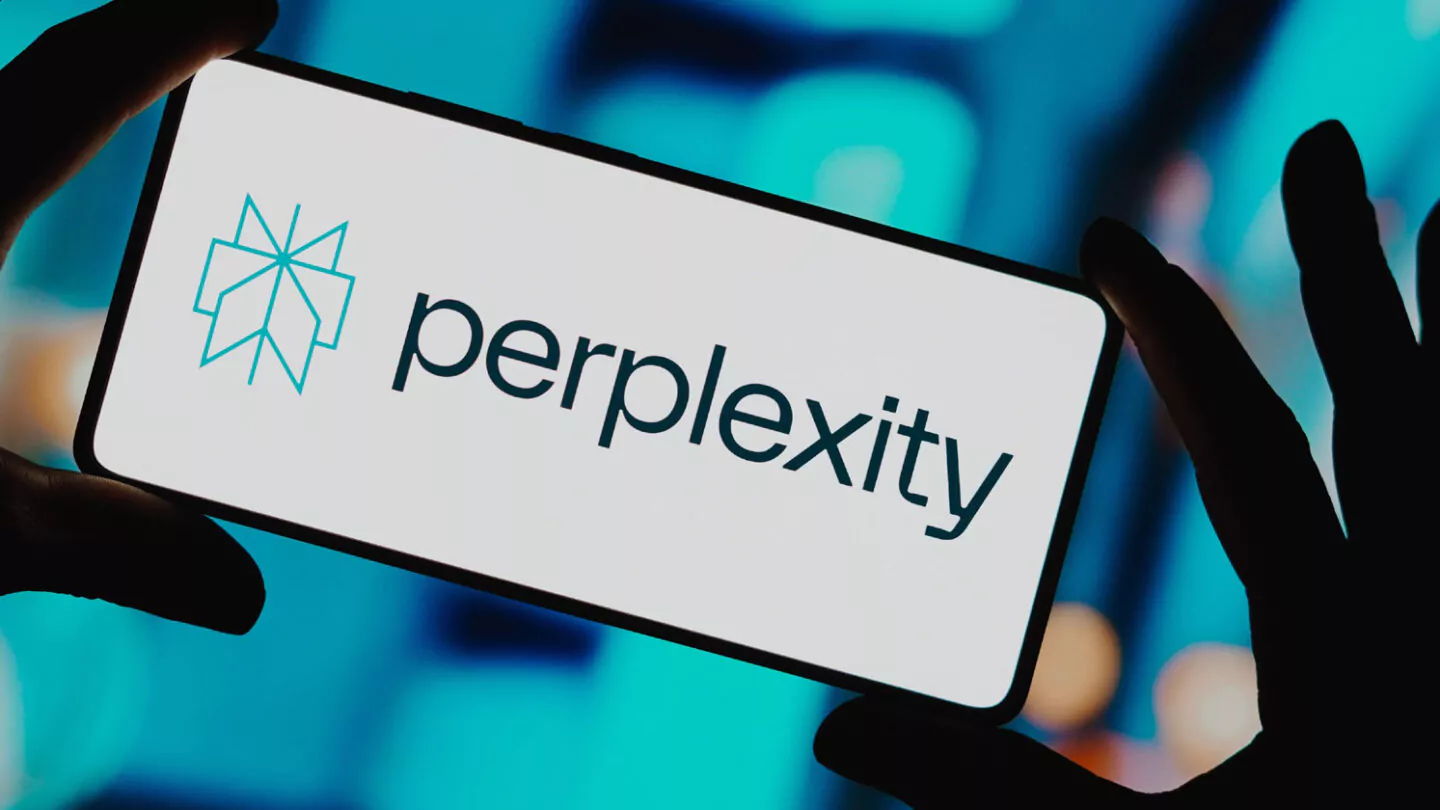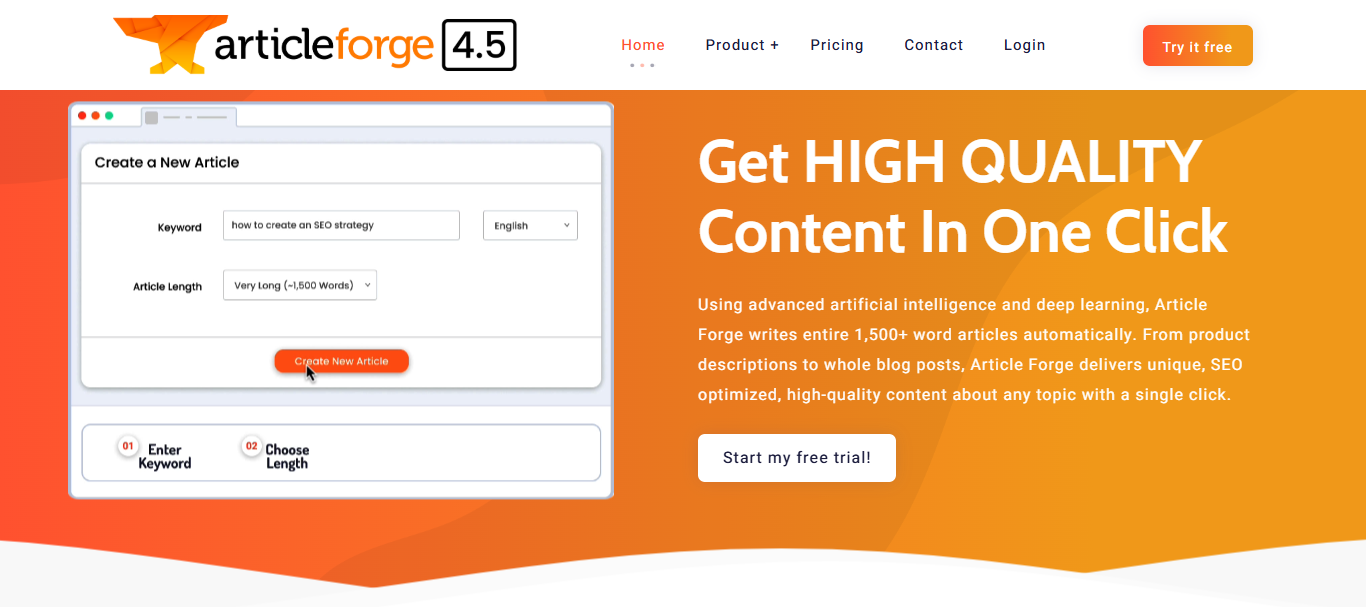A California federal judge has dismissed billionaire Elon Musk’s request to block OpenAI and its partner Microsoft from converting the nonprofit organization into a for-profit enterprise. However, the judge signaled that Musk’s allegations will be examined further in a trial slated for fall 2025.
Judicial Ruling and Next Steps
In an order issued on March 4, 2025, Judge Yvonne Gonzalez Rogers stated that, “given the public interest and potential harm at stake, the court is prepared to expedite the trial to fall 2025.” The decision comes after Musk sought an injunction to prevent OpenAI, co-founded by Sam Altman and heavily backed by Microsoft, from transitioning into a commercial entity—a move he argues would lead to the improper transfer of the organization’s assets, including its intellectual property.
Background of the Dispute
OpenAI was established in 2015 as a nonprofit by Elon Musk and Sam Altman. Musk, who later departed the AI organization over strategic disagreements, claimed that his initial $45 million donation was contingent on OpenAI’s nonprofit status. His departure led him to launch his own venture, xAI. Musk contends that Altman, whom he disparagingly referred to as a “tyrant,” intended to merge OpenAI with Tesla to secure additional funding.
Allegations and Contradictions
Sam Altman and Microsoft have dismissed Musk’s claims as “false” and maintain that there is no legal basis to oppose OpenAI’s planned conversion into a for-profit company. During a February 2025 hearing, Musk’s attorney, Marc Toberoff, argued that allowing the transformation would cause “irreparable harm” not only to Musk and xAI but also to investors and the public. Judge Rogers, however, expressed skepticism about granting the injunction, noting that such measures are seldom approved.
The judge did acknowledge that Musk’s complaint raises “legitimate questions” regarding his initial agreement with OpenAI. It remains unclear whether an oral contract existed that tied the startup’s nonprofit status to Musk’s financial contribution.
Concerns Over Board Dynamics and Market Competition
Musk further alleges that key figures, including LinkedIn founder Reid Hoffman and Microsoft executive Dee Templeton, engaged in improper board practices by simultaneously serving on OpenAI’s board and that of a rival company in the competitive AI market. Following these claims, Hoffman has since stepped down from OpenAI’s board, while Templeton remains on as a nonvoting observer.
Additionally, Musk accuses Altman of contravening antitrust laws by instructing current and potential investors not to fund competing ventures. Critics of these assertions, including OpenAI’s legal team led by Sarah Eddy, have strongly denied the allegations.
Musk’s legal team argues that the lawsuit is designed to block xAI and other competitors from accessing a limited pool of AI investment capital—a strategy they claim would allow Microsoft to secure a dominant market position. The full trial is expected to conclude before 2027 or 2028.
As the legal battle intensifies, a jury will ultimately determine the validity of Musk’s claims and the true nature of the agreements underpinning OpenAI’s origins and its evolving corporate structure.
